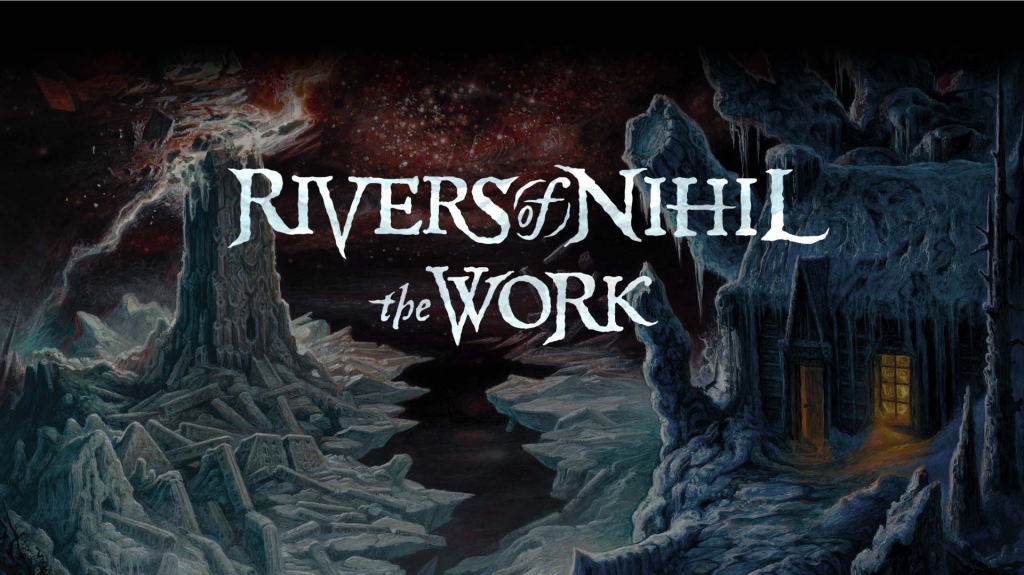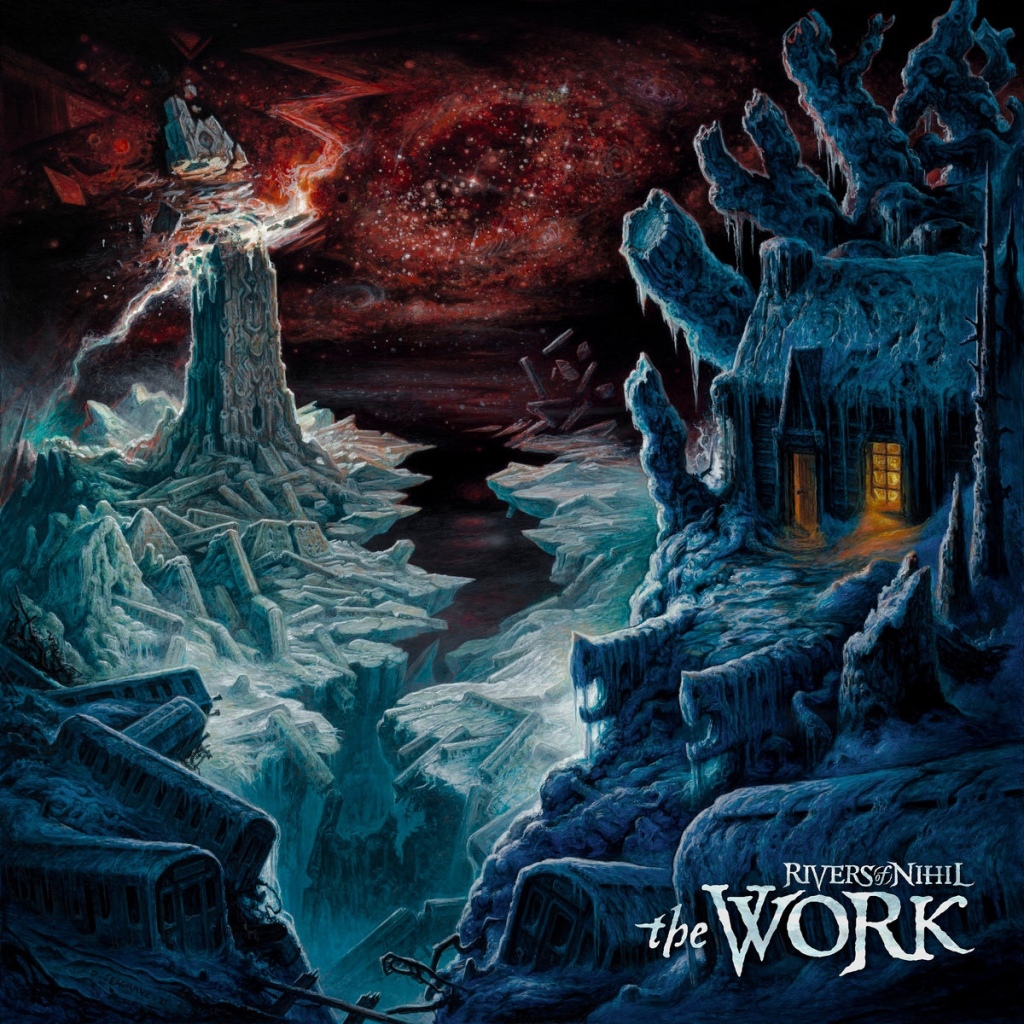
Rivers of Nihil were one of the American technical death metal bands that seemed to be a direct response to the tech death bands from before (the early 2000s to 2010) switching gears from more traditional death metal or metalcore to space themes and ambient moments, such as The Faceless and Obscura. Those bands in turn made their change in response to the originators of tech death changing to more philosophical themes such as Cynic and Atheist. And around this time, it wasn’t just death metal, but Prog as well, as Devin Townsend and Opeth finding their softer sides. So with this line of bands following each other footsteps, was it surprising that Rivers of Nihil would change from their tradition death metal to incorporating psychedelic elements on 2018’s Owls Know My Name?
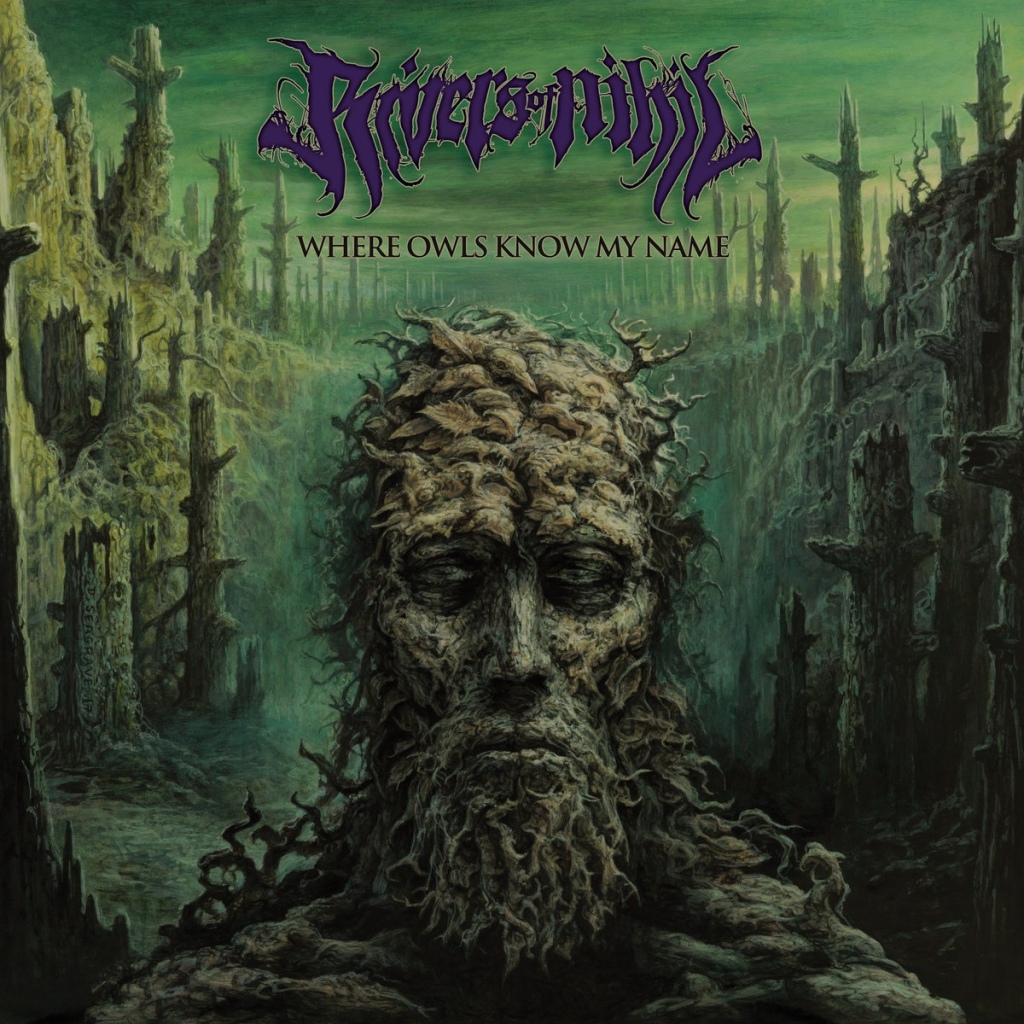
The simple answer is no. By then, saxophone had well found it’s way into tech death, including on albums by The Faceless. But aside from what some might dismiss as a gimmick, the songwriting on that album was absolutely solid, and it was a joy of an album to explore. Their follow-up however, surprised even me, not only how good it was, but also how much ground they explore and territory they masterfully cover. Let’s dig in to 2021’s The Work.
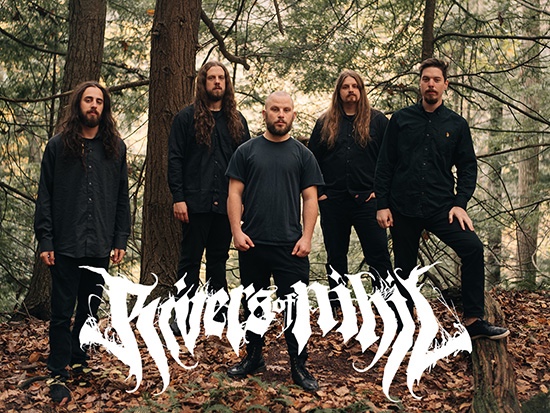
Between the release of their of previous album, three major things (that I know of) happened for the band:
1. The release of Owls helped the band get to a point where they could tour for a living.
2. The success of Owls created a pressure for the band’s follow up, something they had not experienced at this kind of level before.
3. The COVID 19 Pandemic put all of that to a halt, much like it did for the rest of the world.
These newfound experiences put the idea of “work” into context for the band, something they explore thoroughly over the course of this 64+ minute record. Without going too much into the concept, it’s not just the actual work we go to in order to support ourselves and our families, but the work our body does everyday to keep us alive, the work we put into relationships, all the work that goes on in our world and in ourselves every second of every day. The band chooses to start this album on a theatrical note. The soft opening is not surprising, and it brings up memories of Autotheism by The Faceless. But what it lacks in memorability as opposed to that one, it makes up for setting the stage for this dramatic endeavor. The subtle change from major to minor key, the background vocals, and train like sound effects all help the song build up to a huge climax. The song comes back down, only to go straight into………
The huge and heavy riffs of “Dreaming Black Clockwork”. This song is equal parts djent from Meshuggah, industrial elements and vocals like Devin Townsend, and “black jazz” like the band Shining, thanks to the comping style of the saxophone. It has a soft and mysterious middle section that only returns to the heavy riffs. This is a great introductory track to the mechanical tones of this album in comparison to their previous ones. It also shows how the band break away from the saxophone as a soloing instrument, and instead as a flowing and continuous part of the ambiance of the album.
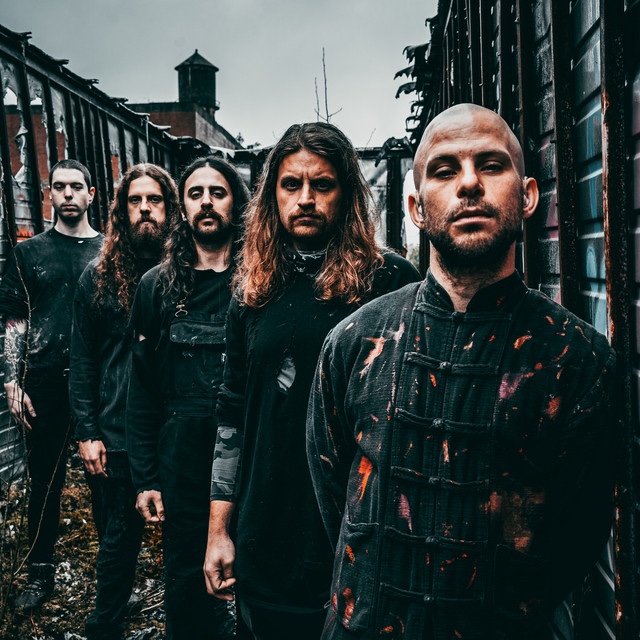
If the previous song reminded me of Devin Townsend at his heavier moments, “Wait” reminds me of some of his more tender moments. It is an odd follow up to have a softer song immediately after the previous one, but I think that jarring transition is exactly what the band was going for. After some screams in the middle and a classic rock climax with a bluesy solo, and transitions into the darker “Focus”. I love the dynamics in this song, from the bass heavy verse, to the middle eastern sounding guitar riff of the chorus.
“Clean” has some memorable heavy riffs and screamed vocal lines, but the star of the show is a psychedelic synth solo and bluesy guitar solo that comes perfectly in the middle of it all.“The Void From Which No Sound Comes” combines the industrial and ambient elements of “Focus” with a massive chorus and a perfectly executed saxophone solo. “MORE?” Is the most aggressive song on the album musically, lyrically, and vocally, and it interestingly transitions to a reprise of the intro track, appropriately named “Tower 2”.
“Episode” starts off like doom metal you’d expect from the band Swallow the Sun, and is greatly contrasted with its heavy parts that sound more like the band Behemoth. It has a few masterful guitar solos as well as an emotional climax with the repeated lyrics “Do the Work”. They close the album out with a pair of epic tracks. The first is the gorgeous 7 minutes ballad “Maybe One Day” which is simultaneously hopeful and questioning, climaxing with a slide guitar solo and the repeated lyrics “Is this the only way?”. The last song is the progressive metal masterpiece “Terrestria IV: Work” which weaves through so many twists and turns, finally culminating with our familiar lyric, “Do the work”.
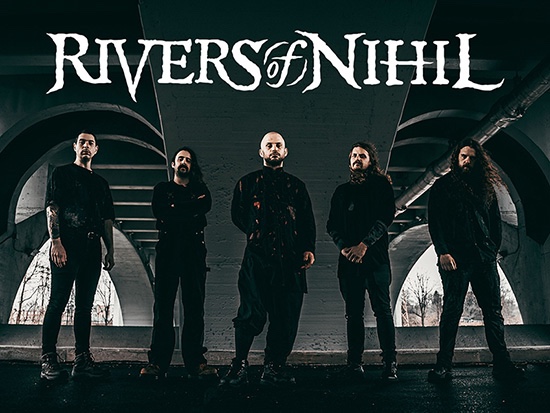
Overall, some transitions from heavy songs to soft songs may be questionable, but they were definitely the intent of the band nonetheless. It with everything else on this album meticulously crafted, it would be hard to imagine that wasn’t the case. Still, it is a small gripe if I had to choose gripes. The album is an incredible experience from start to finish. Every song has merit and memorable sequences. I may have gotten around to this album late, but it has been one of my favorite recent experiences, and I would highly recommend it to any fan of metal, Prog, tech death, or even jazz, as it will surely be one of those albums that bridges the gap for listeners who are typically not into extreme metal, much like Cynic and Meshuggah have done.
